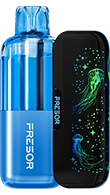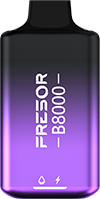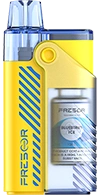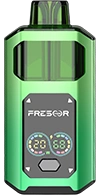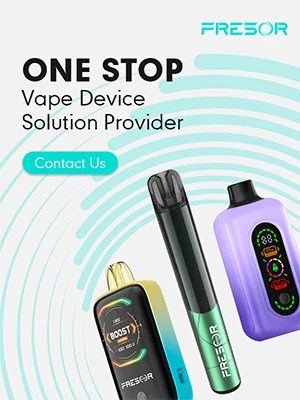Vaping Laws in Washington State: All You Need to Know

4 March 2025
Washington State is renowned for its progressive policies and focus on public health. This commitment extends to its vaping laws, which aim to regulate the sale, possession, and use of vaping products. Whether you’re a resident or a visitor, understanding these laws is crucial to avoid penalties and ensure responsible vaping practices. From age restrictions to public use guidelines, here’s an in-depth look at the vaping laws in Washington State.
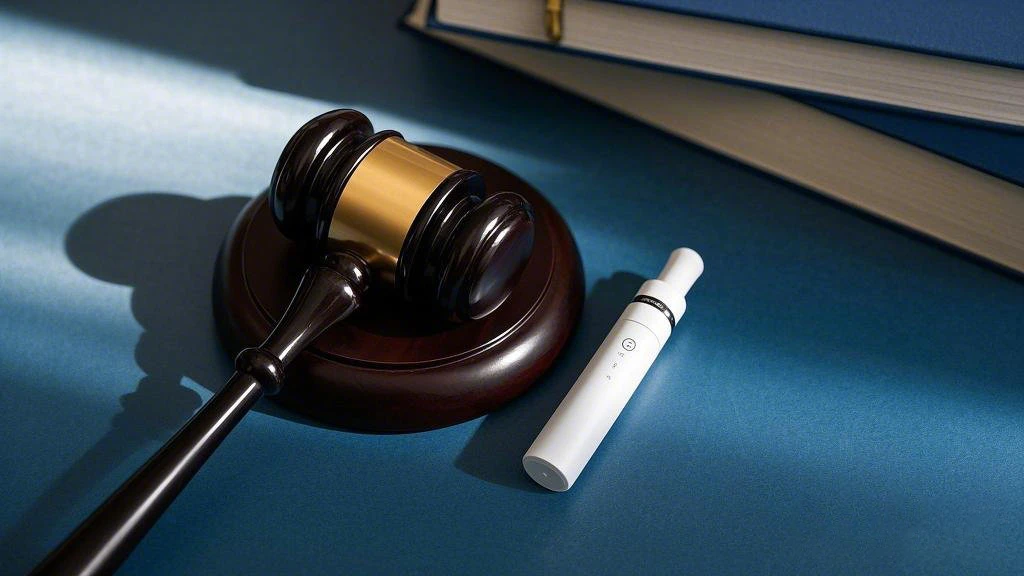
Age Restrictions: Who Can Vape in Washington?
In line with federal regulations, Washington State has set the minimum age for purchasing and possessing vaping products at 21. This law aims to restrain youth access to e-cigarettes and other vape devices, which have been linked to rising nicotine addiction rates among teenagers. Retailers must verify the age of customers purchasing vaping products, and failure to do so can result in severe fines and potential loss of business licenses.
For individuals under 21, the possession or use of vaping products is illegal. Minors caught with vape devices may face fines or be required to attend educational programs focusing on the risks associated with vaping and nicotine dependency. These measures reflect Washington’s proactive approach to protecting young people from the potential harms of vaping.
Beyond enforcement, the state also invests in community outreach programs aimed at educating minors and their families about the dangers of vaping. Schools across Washington have implemented anti-vaping campaigns, leveraging data and personal stories to illustrate the consequences of nicotine addiction. These educational initiatives align with broader public health efforts to reduce youth vaping rates statewide.
Public Use: Where Vaping is Allowed
Washington State’s laws regarding public vaping are modeled after its smoking regulations, emphasizing clean air and public health. Vaping is prohibited in indoor public places and workplaces, including restaurants, bars, and public transportation. The state’s Clean Indoor Air Act, updated to include vaping, ensures that non-smokers are not exposed to secondhand aerosols, which can contain harmful chemicals.
Outdoor spaces such as parks, playgrounds, and near school grounds often have additional restrictions, especially in areas frequented by children and families. Some municipalities within the state have gone a step further by banning vaping in certain public outdoor spaces to maintain a family-friendly environment.
However, vaping is generally permitted in private residences and some designated smoking areas. If you’re unsure about the rules in a specific location, look for posted signage or inquire with local authorities to avoid unintentional violations.
Local authorities often patrol public areas to ensure compliance with vaping laws. Violators may face fines or be asked to relocate to a designated smoking area. These rules are part of a broader effort to promote public health while balancing individual freedoms.
Regulations on the Sale of Vaping Products
Retailers in Washington State are subject to strict regulations governing the sale of vaping products. All vendors must be licensed to sell tobacco and vaping products, and licenses are subject to annual renewal. Retailers are also required to comply with packaging and labeling standards that include clear health warnings and ingredient disclosures.
Flavored vaping products, which are often criticized for their appeal to younger users, are under heightened scrutiny. Some local jurisdictions within Washington have imposed bans or additional restrictions on flavored e-liquids, aligning with broader efforts to reduce youth vaping rates.
Online sales are tightly regulated to prevent underage access. Retailers must implement age verification systems and follow stringent shipping guidelines to ensure compliance with state and federal laws. These measures underscore Washington’s commitment to responsible retail practices in the vaping industry.
To further protect consumers, the state has introduced periodic inspections of retail outlets. These inspections aim to identify non-compliant products and ensure that all vaping devices and liquids meet federal safety standards. Retailers caught selling counterfeit or unsafe products face severe penalties, including license revocation.
Penalties for Violating Vaping Laws
The consequences of violating Washington State’s vaping laws can be severe, reflecting the state’s dedication to enforcement. Retailers found selling vaping products to minors may face fines ranging from $500 to $2,000 for repeat offenses, along with the potential suspension or revocation of their sales license.
Individuals caught violating public use restrictions or possessing vaping products underage may be subject to fines, community service, or mandatory participation in educational programs. Repeat offenders may face escalated penalties, emphasizing the importance of adhering to the law.
Law enforcement agencies also have the authority to confiscate vaping products from individuals found in violation of possession laws, adding another layer of accountability for users and retailers alike.
Additionally, businesses found in violation of advertising regulations, such as promoting vaping products to underage audiences may face substantial fines and public investigation. These penalties aim to discourage irresponsible marketing practices within the vaping industry.
Health Concerns and Legislative Action
Washington State’s vaping laws are rooted in growing concerns about public health. The surge in vaping-related illnesses and the increasing prevalence of vaping among teenagers have prompted lawmakers to take decisive action. Research highlights the potential risks of vaping, including nicotine addiction, respiratory issues, and long-term health consequences, driving the state’s strict regulatory framework.
The state’s approach also addresses the dangers of secondhand aerosol exposure, ensuring cleaner air for all residents. Public health campaigns aim to educate communities about the risks associated with vaping, particularly for young people, and encourage safer alternatives for those looking to quit smoking.
In collaboration with healthcare providers and community organizations, Washington State has launched several initiatives to help individuals quit vaping. These programs provide resources such as counseling, nicotine replacement therapies, and peer support groups to assist users in overcoming nicotine dependency.
Local Variations in Vaping Laws
While Washington State provides a comprehensive framework for vaping laws, local governments have the authority to implement additional restrictions. This means that regulations can vary from one city or county to another. For example, Seattle has legalized stricter rules on public vaping, with designated areas for smokers and vapers in public parks and recreational spaces.
Spokane and Tacoma have also introduced localized restrictions, particularly around schools and family-oriented spaces. Travelers and residents alike are encouraged to familiarize themselves with local ordinances to avoid penalties and ensure compliance.
These local variations often reflect community priorities and public opinion. While some areas adopt a more lenient approach, others impose stricter rules to address specific concerns, such as youth vaping or environmental impacts.
The Future of Vaping Regulations in Washington
As the vaping industry evolves, Washington State is likely to continue refining its regulations to address emerging challenges. Potential future measures could include higher taxes on vaping products, expanded restrictions on flavored e-liquids, or increased funding for public health initiatives aimed at reducing vaping rates.
Advocacy groups and public opinion will play a crucial role in shaping the state’s policies. As more data becomes available on the long-term effects of vaping, lawmakers will have additional insights to guide their decisions, ensuring that regulations remain effective and balanced.
Washington may also explore partnerships with federal agencies to tackle issues like counterfeit vaping products and unregulated e-liquids, further strengthening consumer protections and public health outcomes.
The state’s commitment to transparency and public engagement in policy-making ensures that future vaping regulations will address the needs and concerns of all stakeholders, from public health advocates to individual users.
Conclusion
Washington State’s vaping laws reflect a commitment to public health, safety, and responsible use. From strict age restrictions to comprehensive public use guidelines, these regulations aim to mitigate the risks associated with vaping while promoting cleaner air and healthier communities. Understanding and adhering to these laws is essential for both residents and visitors, ensuring a seamless and compliant vaping experience.
As the vaping landscape continues to change, staying informed about evolving regulations will help you navigate the complexities of vaping in Washington State. By vaping responsibly, you contribute to the well-being of those around you and support a safer, healthier environment for everyone.
Featured Articles
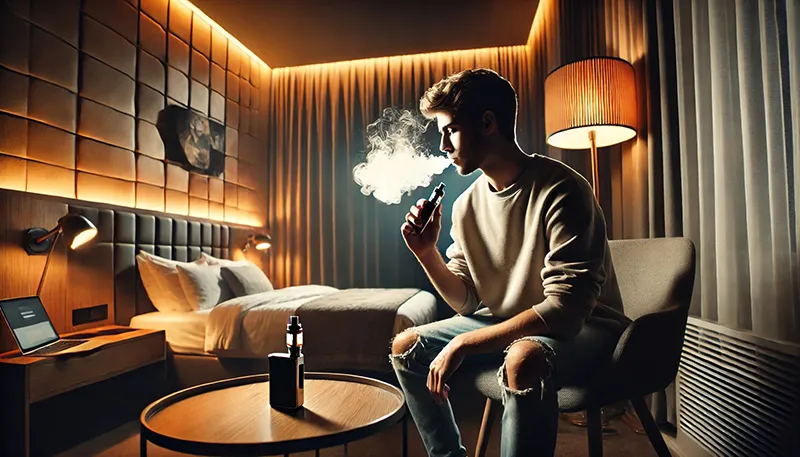
Can You Vape in a Hotel Room? A Guide for Travelers, Vapers, and Hoteliers
2024-09-19

Vape Legal and Regulatory Weekly Report - September 14, 2024
2024-09-14
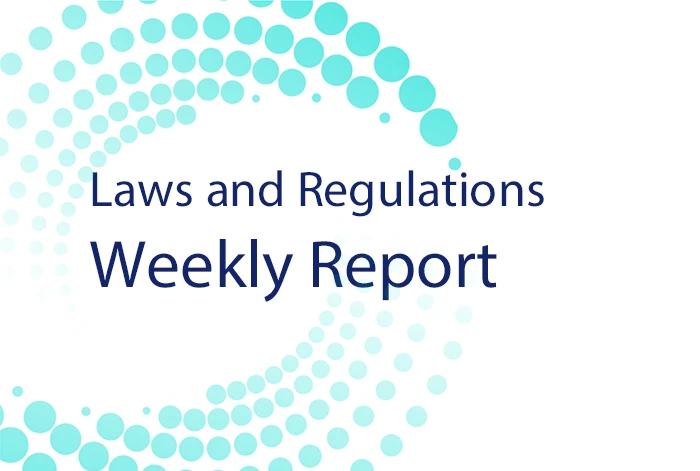
Vape Legal and Regulatory Weekly Report - September 9, 2024
2024-09-09

Vape Legal and Regulatory Weekly Report - September 2, 2024
2024-09-02
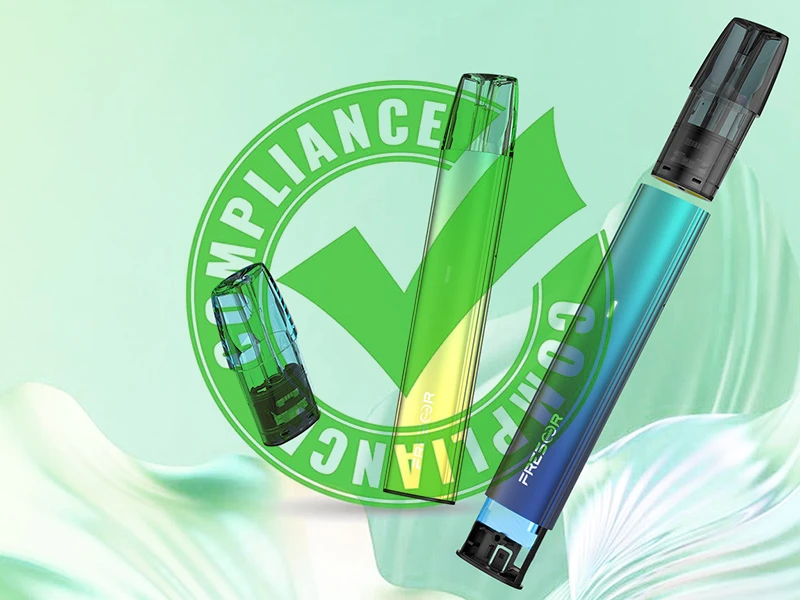
Vaping Laws in Germany: An Update on What You Need to Know
2024-08-12


